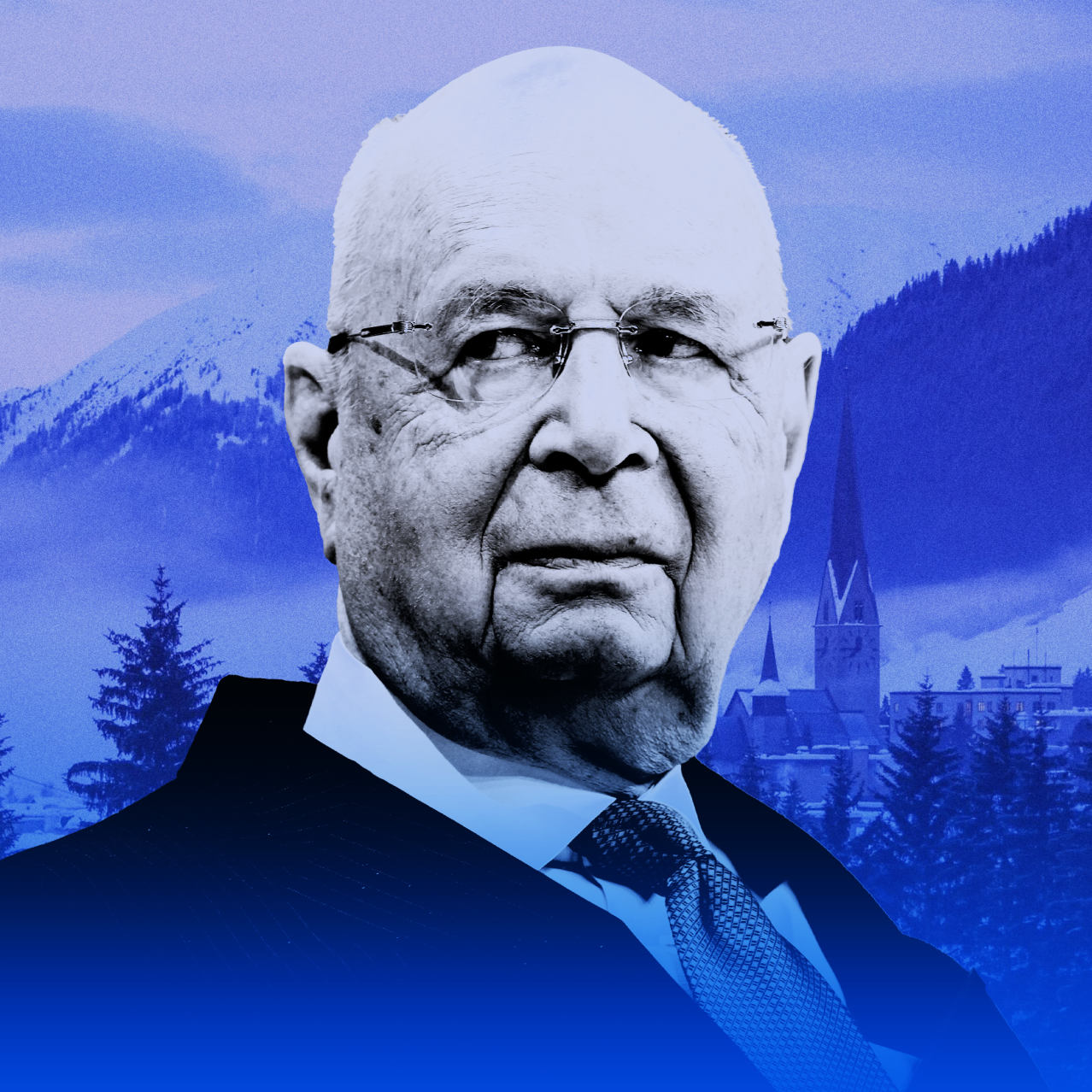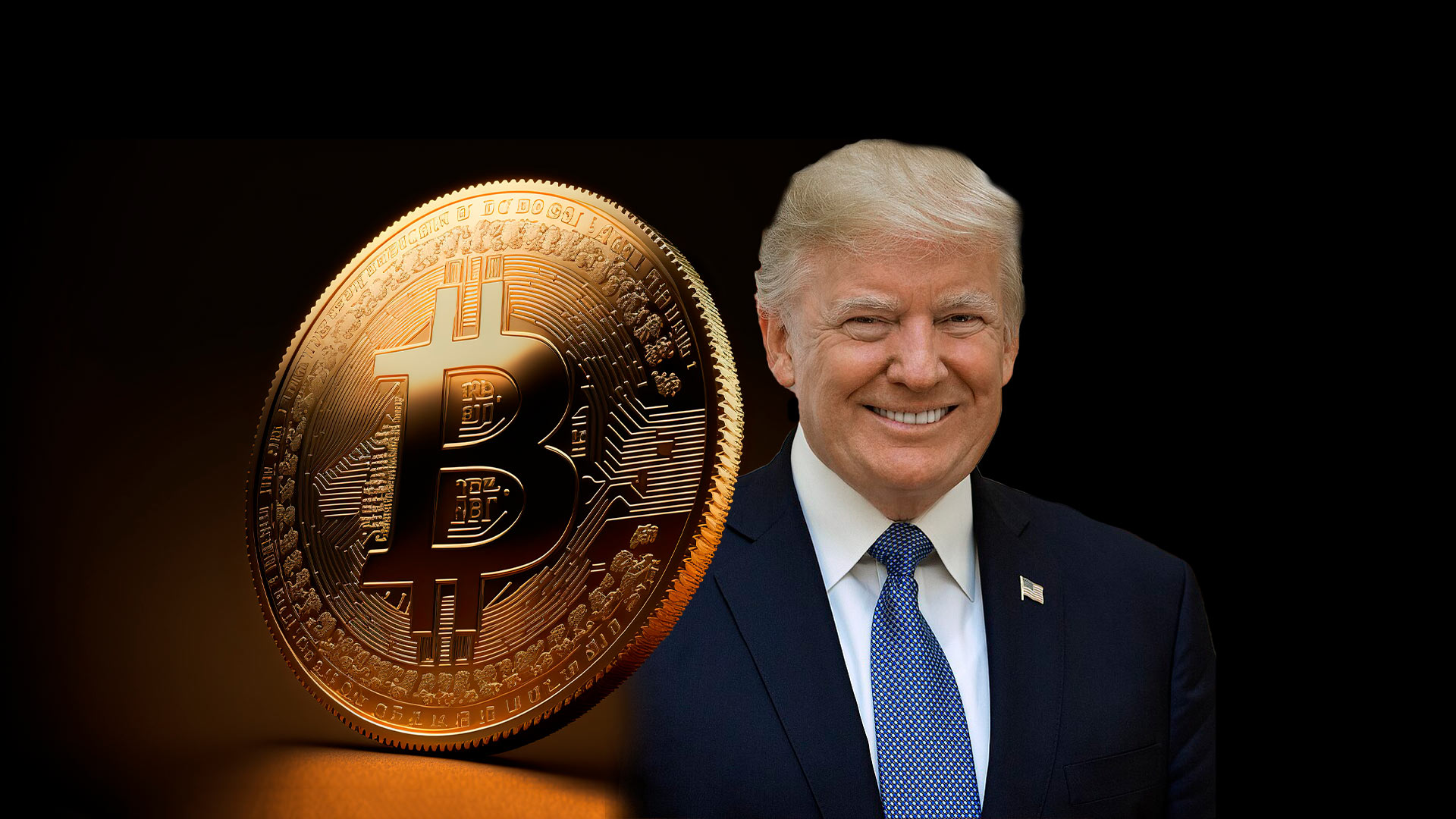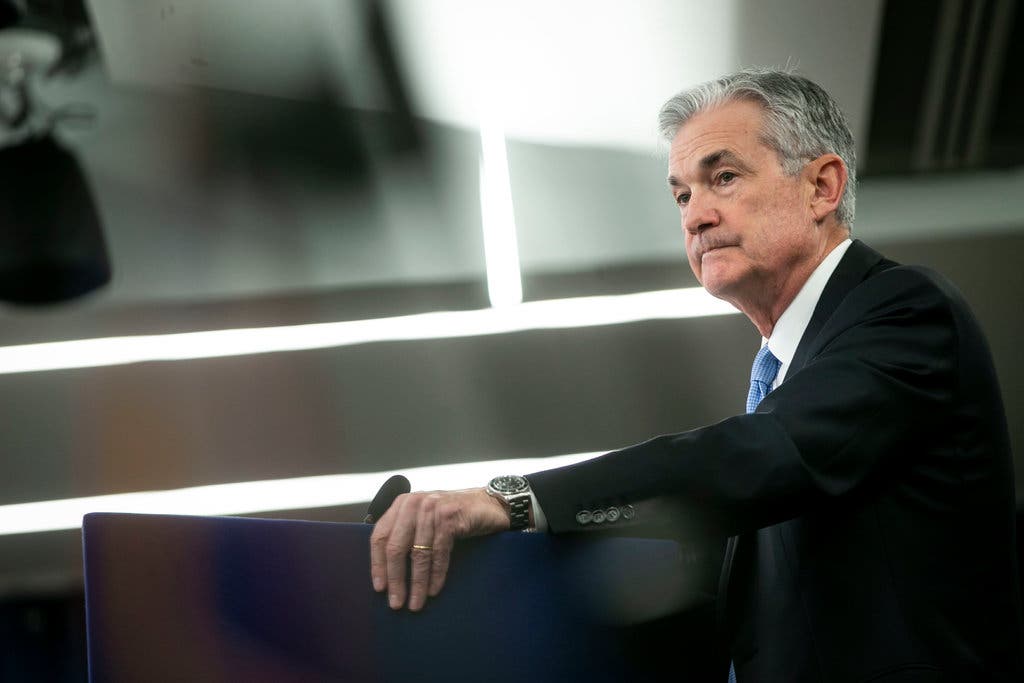Exclusive: Examining The Leadership Of Klaus Schwab At The World Economic Forum

Table of Contents
Klaus Schwab's Vision and the WEF's Evolution
Klaus Schwab founded the World Economic Forum in 1971 with a simple, yet ambitious, vision: to improve the state of the world. His initial focus was on fostering dialogue and collaboration between business leaders, but his vision has expanded dramatically over the years. Schwab's leadership has been instrumental in transforming the WEF from a relatively small gathering of European executives into a globally recognized platform influencing international policy and shaping global narratives.
- Early years and founding principles: The early WEF meetings focused on European economic cooperation, reflecting the post-war context. The emphasis was on fostering understanding and collaboration between competing businesses and nations.
- Expansion of the WEF's reach and influence: Under Schwab's direction, the WEF broadened its scope to encompass a wider range of stakeholders, including government officials, academics, and civil society representatives from across the globe. This expansion significantly increased the WEF's influence on the global agenda.
- Shifting global priorities and the WEF's adaptation: The WEF's agenda has consistently evolved to reflect changing global priorities. From focusing primarily on economic issues, the WEF now addresses a wide range of challenges, including climate change, cybersecurity, and the Fourth Industrial Revolution, topics heavily influenced by Schwab's vision and leadership.
- Key initiatives launched under Schwab's leadership: The Young Global Leaders initiative, for example, is a testament to Schwab's foresight, identifying and cultivating future leaders across diverse sectors. Other key initiatives include the Global Risks Report and the Sustainable Development Impact Summit, all reflecting Schwab's dedication to shaping a more sustainable and equitable future.
Leadership Style and Decision-Making Processes
Klaus Schwab's leadership style is often described as transformative and visionary. He has a remarkable ability to identify emerging trends and shape the global conversation around them. However, his approach has also been characterized by a certain degree of centralized control, leading to discussions regarding his decision-making processes and internal governance within the WEF.
- Examples of his influence on WEF policy and direction: Schwab's personal engagement and influence are clearly visible in the WEF's strategic direction and the selection of key topics for its annual meetings and initiatives.
- Analysis of his communication style and public engagement: Schwab is a skilled communicator, adept at articulating complex ideas in a compelling manner. His public appearances and writings have significantly amplified the WEF's message and reach.
- Internal structure and power dynamics within the WEF: While the WEF has a complex internal structure, Schwab's position as founder and executive chairman has undoubtedly given him significant influence over its operations and direction. Understanding this power dynamic is crucial when evaluating his overall leadership.
- Assessment of his delegation and collaboration skills: While Schwab's vision is central, assessing his delegation and collaboration skills requires considering the extent to which he empowers others within the WEF to contribute to its mission and objectives.
Achievements and Impact of Schwab's Leadership
The World Economic Forum's impact under Klaus Schwab's leadership is undeniable. The organization has played a significant role in shaping global conversations, fostering collaboration on pressing issues, and influencing international policy.
- Successful initiatives and their global impact: The Davos Agenda, the annual meeting in Davos, has become a focal point for global leaders, driving discussions and collaborations on critical issues.
- Positive influence on international cooperation and policy: The WEF has facilitated dialogues and partnerships between governments, businesses, and civil society, contributing to international cooperation on diverse challenges.
- Contribution to addressing global challenges (climate change, etc.): The WEF has actively promoted sustainable development and actively engaged with the climate change debate, influencing global policy discussions and initiatives.
- WEF's role in shaping global narratives and agendas: The WEF's reports and publications often shape public discourse and influence the agendas of international organizations and governments.
Controversies and Criticisms of Schwab's Leadership
Despite the WEF's considerable achievements, Klaus Schwab's leadership has not been without its critics. Accusations of elitism, lack of transparency, and undue influence on global policy are frequently leveled against both him and the organization.
- Specific examples of controversies and criticisms: Criticisms often center on the WEF's perceived lack of democratic accountability, its close ties to powerful multinational corporations and governments, and concerns about the influence of its Young Global Leaders program.
- Analysis of the validity of these critiques: A balanced assessment requires considering the arguments both for and against these criticisms, acknowledging the complexities and nuances involved.
- Responses from the WEF and Klaus Schwab himself: Examining the WEF's and Schwab's official responses to these criticisms is essential for a thorough understanding of the situation.
- Impact of these controversies on the WEF's reputation: The controversies have undoubtedly impacted the WEF's reputation, leading to ongoing debates about its role and influence in global affairs.
Conclusion: Assessing Klaus Schwab's Legacy at the World Economic Forum
Klaus Schwab's leadership at the World Economic Forum has been a defining force in shaping the global conversation for over five decades. His visionary approach has transformed the WEF into a significant player in international affairs, contributing significantly to global dialogues and collaborations on pressing issues. However, this influence has also attracted considerable criticism, raising questions about transparency, accountability, and the potential for undue influence. A complete assessment of Klaus Schwab's legacy requires a balanced consideration of both his considerable achievements and the ongoing controversies surrounding his leadership. To further explore this complex and significant topic, we encourage you to delve deeper into related articles, consider attending WEF events (where possible), or participate in relevant discussions. Understanding the impact of Klaus Schwab's leadership on global events and future trends is crucial for navigating the challenges and opportunities of the 21st century.

Featured Posts
-
 Fatal Incident Shark Activity And Missing Swimmer At Israeli Beach
Apr 24, 2025
Fatal Incident Shark Activity And Missing Swimmer At Israeli Beach
Apr 24, 2025 -
 Bitcoin Price Surge Trumps Actions Ease Market Fears
Apr 24, 2025
Bitcoin Price Surge Trumps Actions Ease Market Fears
Apr 24, 2025 -
 Dollar Rises As Trumps Criticism Of Fed Chair Powell Lessens
Apr 24, 2025
Dollar Rises As Trumps Criticism Of Fed Chair Powell Lessens
Apr 24, 2025 -
 Emerging Market Stock Rebound Overcoming Losses While Us Stocks Struggle
Apr 24, 2025
Emerging Market Stock Rebound Overcoming Losses While Us Stocks Struggle
Apr 24, 2025 -
 Chinas Impact On Bmw And Porsche Sales Are Other Automakers Facing Similar Issues
Apr 24, 2025
Chinas Impact On Bmw And Porsche Sales Are Other Automakers Facing Similar Issues
Apr 24, 2025
